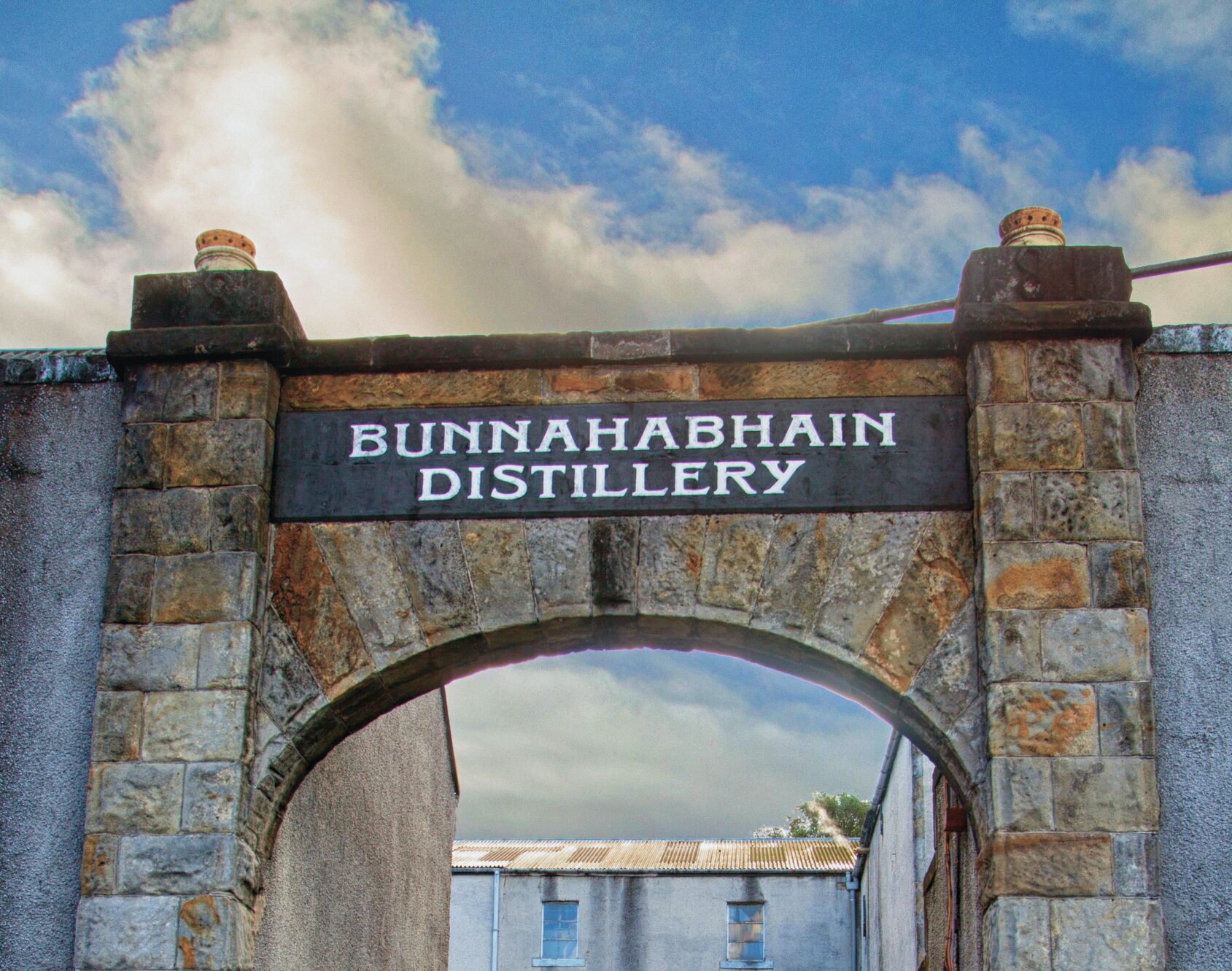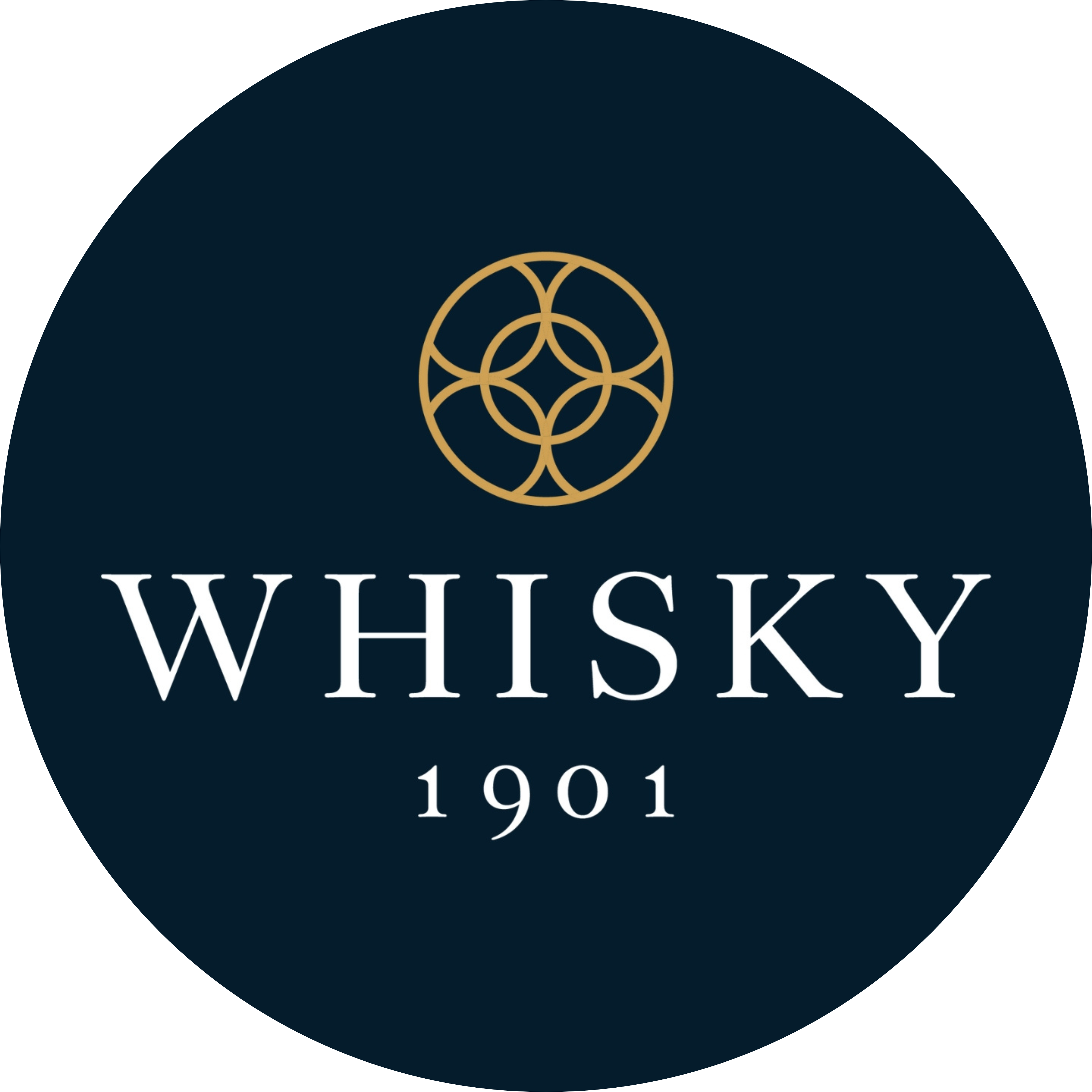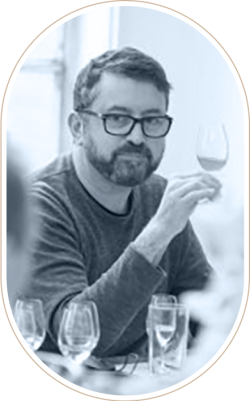Aberlour (ah-bur-low-er)
Founded in 1879 by James Fleming, Aberlour is named after the Speyside town of the same name. Aberlour is an Anglicised version of Aberlower – a Pictish name given to the area next to the River Spey where the town now stands. It translates as ‘confluence of the Lower burn’.
Allt-a-Bhainne (alt-a-vain)
The distillery was founded by Chivas Brothers in 1975 and is located near the town of Dufftown in Speyside. The name translates as ‘burn of milk’ from local Gaelic – a burn is a stream or small water course. Also, a b- and h- together in Gaelic is pronounced as a v-.
Auchentoshan (ock-en-tosh-an)
This Lowland distillery, located to the northwest of Glasgow, was founded in 1823 by John Bulloch. It is one of Scotland’s most incorrectly pronounced whisky distilleries. Auchentoshan translates from the local Gaelic phrase Achadh an Oisein as ‘corner of the field’.
Auchroisk (ar-thrusk)
Auchroisk was founded in 1972 by Justerini & Brooks and is in rural Speyside. The name translates from the local Gaelic as ‘the shallow ford across the burn’.
Balmenach (bal-men-ack)
This Speyside distillery was built on Balminoch Farm by James MacGregor in 1824. Balmenach refers to the Gaelic name of Baile Meadhnach, which is the land on which the farm was located. This translates as ‘middle farm’.
Benriach (ben-ree-ack)
Another Speyside distillery, this time just to the south of Elgin. Benriach was founded in 1897 by John Duff and translates as ‘grey, blue hill’ – this refers to such a hill behind the distillery. Whenever you see Ben in a distillery name, it means ‘hill’ or ‘mountain’.
Benromach (ben-row-mack)
Founded by the Benromach Distillery Co. in 1898, this distillery is located on the edge of the Speyside town of Forres. The name translates from Gaelic as ‘hills of Romach’, which can be found close to the town and is where the distillery’s water comes from.
Bruichladdich (brook-lad-dee)
The Islay distillery was founded in 1881 by Barnett Harvey and sits on the remote western peninsula of the famous whisky island. Brucihladdich is the anglicised version of Bruthach a’ Chladaich, meaning ‘brae on the shore’. A brae is a steep bank or hillside.
Bunnahabhain (boo-nah-harv-en)
Like its fellow Islay distillery of Bruichladdich, Bunnahabhain was founded in 1881. It was built by William Robertson and brothers William and James Greenlees. The name translates as ‘foot of the river’ from local Gaelic.
Caol Ila (cull-ee-la)
The largest of Islay’s whisky distilleries was founded in 1846 by Hector Henderson and sits on the rugged east coast of the island. It overlooks the Sound of Islay, a fast flowing and narrow stretch of water that separates Islay from neighbouring Jura. Sound of Islay in Gaelic is Caol Ila.
Dailuaine (dal-you-ane)
The Dailuaine distillery is close to the hamlet of Carron in Speyside and was founded in 1852 by William Mackenzie. The name is tricky due to the number of vowels present but translates from the local Gaelic as ‘green field’ or ‘green meadow’.
Glenburgie (glen-bur-gee)
Originally founded as Kilnflat in 1810 by William Paul, Glenburgie became known as such in 1878. Glenburgie translates from Gaelic as ‘valley of the fort’. Whenever you see Glen in a distillery name, it means ‘valley’.
Glendronach (glen-dron-ack)
In the middle of rural Aberdeenshire sits Glendronach. Founded in 1826 by the eccentric James Allardice, the distillery is known for its bold sherry cask influenced whiskies. Glendronach translates as ‘valley of the brambles’.
Glenfiddich (glen-fidd-ick)
The world’s best-selling Scotch single malt is often mispronounced. The ending carries a hard k- as in kick, rather than the often-used ch- as in church. This Speyside classic famously translates from the local Gaelic as ‘valley of the dear’. It was founded by William Grant in 1886.
Glen Garioch (glen-gear-ree)
This one is a real tongue twister to the uninitiated. It is not garry-ock as many say, but gear-ree. The name translates from the local Doric language of Aberdeenshire as ‘valley of the fertile land’ and refers to barley growing fields close by. Glen Garioch was founded in 1797.
Glenglassaugh (glen-glass-sa)
This is one of Scotland’s whisky distilleries that is slowly getting back to its former glory after being closed for over 20 years between 1986 and 2008. Founded in 1875 by James Moir, Glenglassaugh is close to the ancient fishing village of Portsoy and translates as ‘valley of the green grass’.
Glen Scotia (glen-sko-sha)
The Campbeltown distillery of Glen Scotia was founded in 1832 by the Stewart and Galbraith families. It was one of only two to survive the collapse of the whisky industry in the town. Springbank was the other. Glen Scotia means ‘valley of the Scots’.
Kilchoman (kill-ho-man)
The Islay farm distillery was built on Rockside Farm, and they grow some of their barley for production there to this day. To sound like an expert, or a local, drop the c- from the name. Kilchoman was founded by Antony wills in 2005 and is named after the parish of Kilchoman.
Laphroaig (lah-froyg)
Despite being the best-selling peated Islay single malt, Laphroaig is often mispronounced. The distillery was founded in 1815 by brothers Alexander and Donald Johnston. Laphroaig translates as ‘broad bay’ from local Gaalic and refers to the bay on which the distillery sits.
Old Pulteney (old-poolt-nee)
This distillery in the north Highland fishing town of Wick was founded in 1826 by James Henderson. At the time, Wick was the largest herring port in Europe. Old Pulteney is one of the few distilleries in `Scotland to be named after a person – Sir William Johnstone Pulteney.
Tamdhu (tam-doo)
The Speyside distillery of Tamdhu was founded in 1897 by the Tamdhu Distillery Co. It has become known for its fine ex-sherry cask matured single malts and is located near the village of Knockando. Tamdhu translates as ‘little dark hill’.
Teaninich (tee-a-ni-nick)
Founded in 1817 by Captain Hugo Munro, Teaninich is near the village of Alness in the north Highlands. The name is derived from the Gaelic Taigh-na-h’inich, meaning ‘house of the monks’. A monastery was located nearby, and illegal distillation was believed to have taken place there.
Tomintoul (tom-in-towel)
Tomintoul is a relatively modern distillery, founded in 1965 by the Tomintoul Distillery Ltd. It is named after the hamlet in Speyside where the distillery is located. This was known as Tom an t-Sabhail in Gaelic and translates as ‘the hillock by the barn’. Also, remember to say towel rather than tool.




